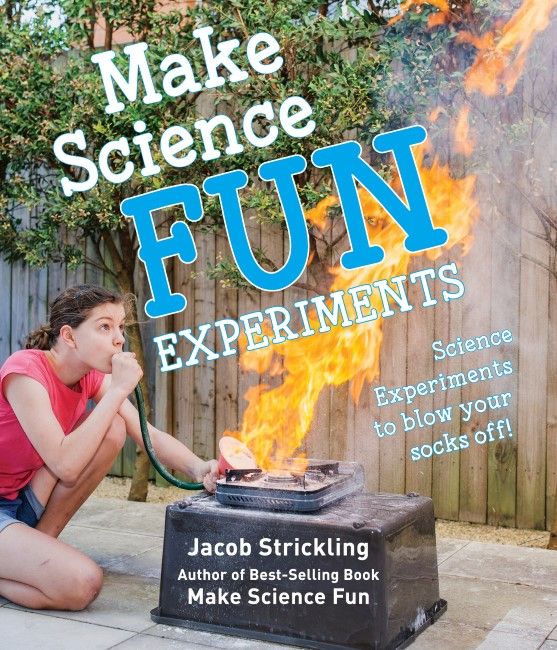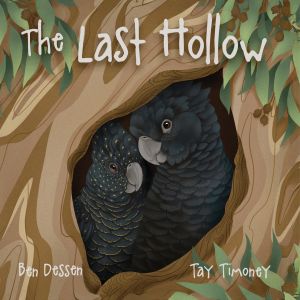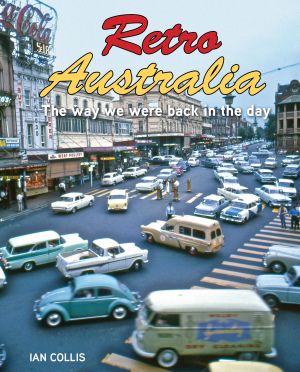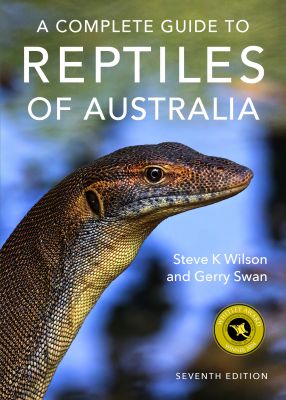Make Science Fun: Experiments
Science experiments to blow your sock off!
| By | Jacob Strickling |
|---|---|
| Format | Paperback / softback |
| Page Extent | 192 |
| Book Size | 210 x 181 x 15 mm (H x W x D) |
| Imprint | New Holland Publishers |
| Release Date | 1/11/2017 |
| Subject Classification | Science: general issues / Scientific equipment, experiments & techniques |
For ages: 8+ years old
Experiments, intended for an older more ‘serious’ age group of 8-15, is designed for children to do actual science experiments (not just science ‘activities’) at home. Most science experiment books aren’t experiment books at all. They mostly contain fun science activities, which are fun to do & help learn science – but a fun science ‘activity’ isn’t always an experiment. A science experiment sets out to answer a question or solve a problem using a fair and controlled test. To count as a science experiment you need to take measurements, make observations and control variables. With space to write hypotheses, record results, make observations and draw graphs required, Make Experiments is a strong foundation on which to build student awareness of the importance of science in everyday lives. It builds confidence, inspires excellence and encourages students to discover and ‘love’ science through memorable (sometimes explosive) experiments at home. Experiments will be scaffolded – early experiments in the book have lots of scaffolding to assist kids completing the reports/investigations & later experiments have less and less scaffolding so kids have more room to complete their own reports. Kids will find the information fascinating and the experiments will encourage kids to explore science and the world around them. Experiments is suitable for schools, home schooling and kids who want to get a headstart in science.
Jacob Strickling
Jacob Strickling YouTuber and school Science Co-ordinator, has a passion for making science education fun, relevant and accessible via his You Tube channel Make Science Fun. With regular appearances on the Today Show, he uses science to entertain and inspire people of all ages but specifically children from ages 5–15.








